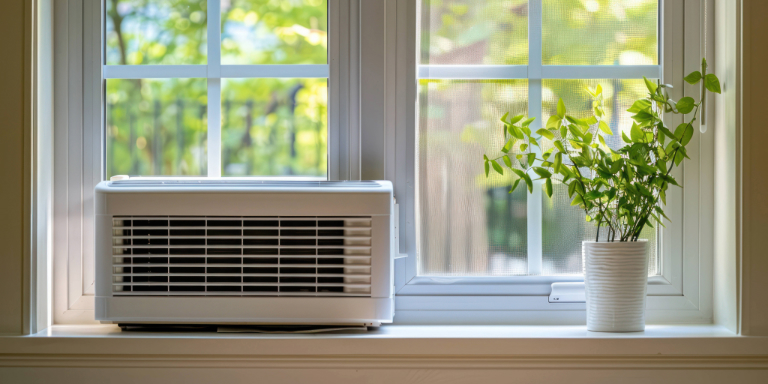
Energy-efficient windows are essential for maintaining your home’s comfort while minimizing energy costs. As your local leading window and roofing company in Midland, MI, Storm Master Exteriors is here to help you understand the various energy ratings that indicate how well your windows will perform under different environmental conditions. This knowledge can guide you in making informed decisions when selecting windows that will best suit your home's needs.
Window energy ratings provide a standard measure of a window's energy efficiency, including its ability to keep heat in or out, transmit sunlight, and block air leakage. These ratings are crucial for homeowners looking to reduce their heating and cooling expenses and increase their comfort levels.
The U-Factor or U-Value measures the window's ability to insulate. Lower U-factor values indicate better insulation properties and more significant energy efficiency. This rating is particularly important in cooler climates where retaining heat inside the home is crucial. A U-factor typically ranges from 0.20 to 1.20 and is a critical metric when selecting windows for homes in colder regions.
Solar Heat Gain Coefficient measures how well a product can resist unwanted heat gain, which is vital during summer months. A lower SHGC means the window transmits less solar heat, helping keep your home cooler in the warm months. This rating varies depending on your climate and the orientation of your windows but is generally more critical in hotter climates.
Visible Transmittance indicates how much light passes through a window. Higher VT means more natural light is entering your home, which can help reduce the need for artificial lighting and enhance the brightness of your interiors. This measure does not significantly impact the thermal performance of the window but is essential for overall energy savings related to lighting.
Air Leakage rating measures the rate at which air passes through joints in the window. Lower AL values are preferable as they indicate less air infiltration, which can significantly affect heating and cooling costs. Ensuring minimal air leakage is essential for maintaining energy efficiency and comfort in the home.
Condensation Resistance scores range from 0 to 100, with higher numbers indicating that a window is better at resisting condensation formation. This rating is crucial for reducing potential water damage and mold growth around windows, which can affect both the home’s structure and indoor air quality.
Understanding window energy ratings is key to choosing the right windows for your home that will contribute to its energy efficiency and comfort. At Storm Master Exteriors, specializing in window installation in Midland, MI, we provide professional advice and installation services to ensure that your new windows not only meet but exceed your energy performance expectations. Contact us today to find out how we can enhance the comfort and efficiency of your home with high-quality, energy-efficient window solutions.